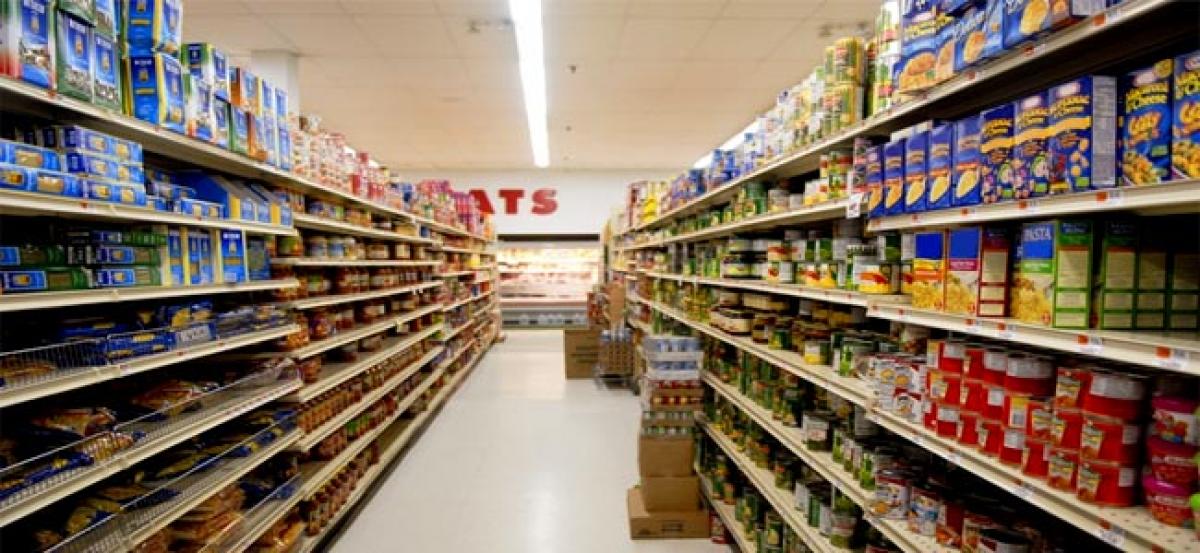Live
- Metro to sell Trade Fair tickets at 55 stations
- Revise income limit for EWS admissions in pvt schools to `5 lakh: LG
- MCD mayoral election today: Satya reappointed as presiding officer
- Don’t fall in trap of drug addiction, youths cautioned
- Air Pollution Crisis: LG approves redeployment of Civil Defence volunteers
- Delhi police orders checking of hotels to nab criminals
- Kavya seeks people’s support for development of district
- Leaders remember People’s poet Kaloji
- BJP’s win shows people back corruption-free govt: Dattatreya
- UP: SC’s demolition verdict will help curb organised crime









